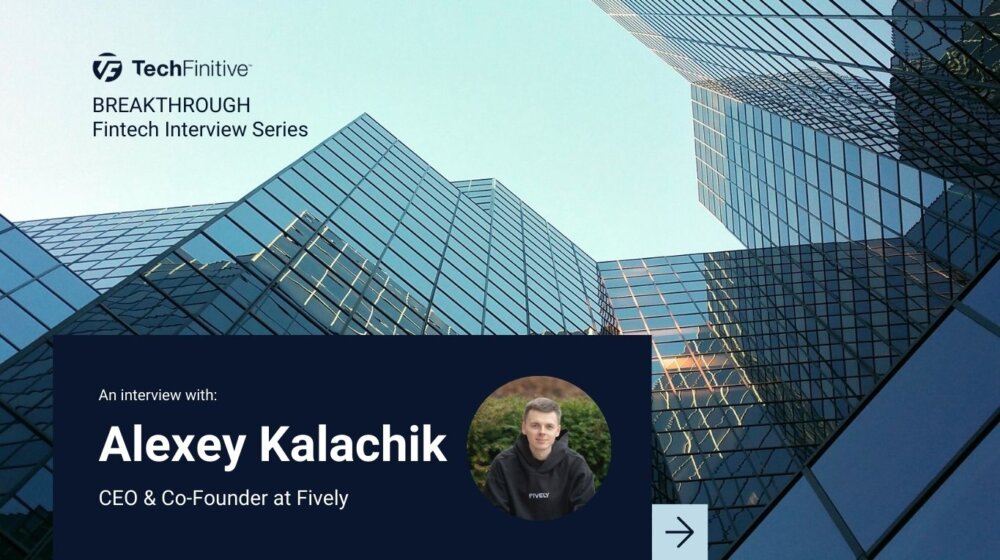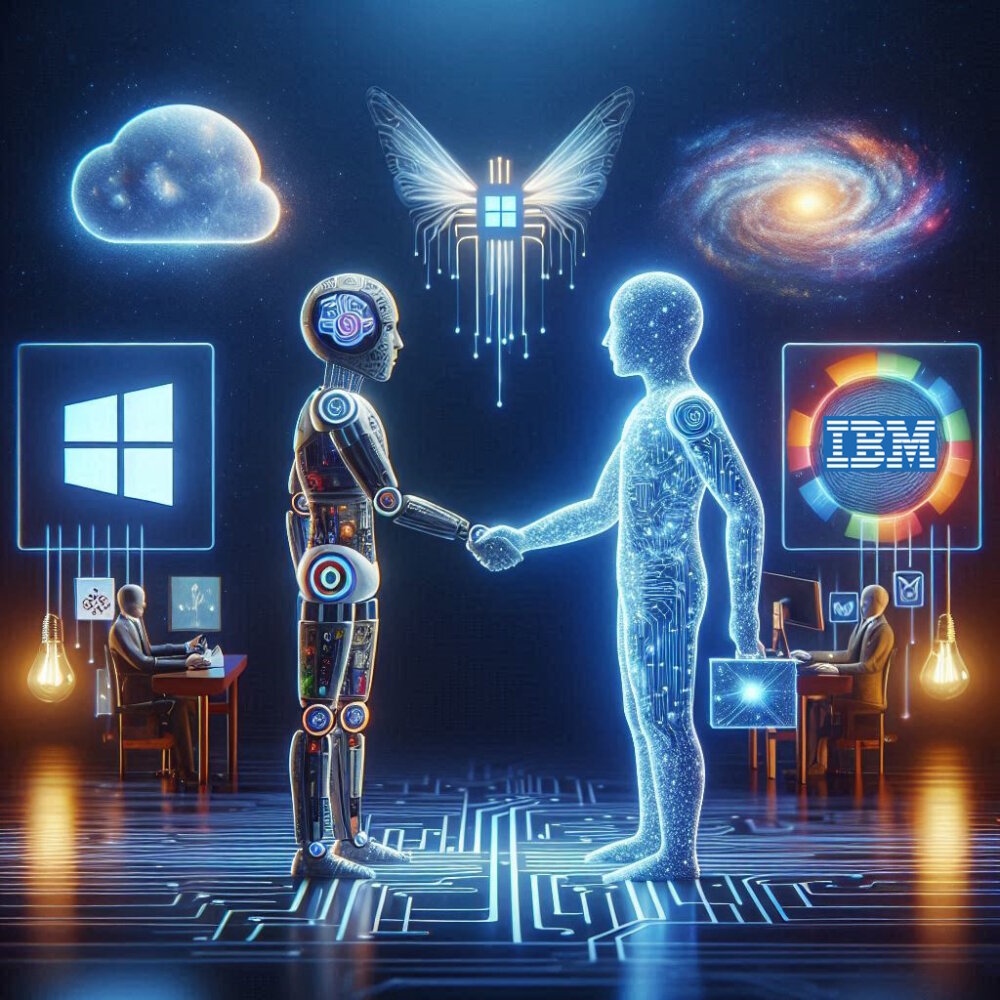
Wade Younger, author: “Training the young and retooling the ageing is the answer and key to the new workplace tomorrow”

Back in 1986, Wade Younger began his first job: as a Visual Basic developer. He is now recognised as one of the world’s authorities on organisational development and process improvement through innovative thinking.
Along with writing numerous books over the past three decades, Wade has delivered over 2,000 talks. “He is just a born teacher,” one Fortune 500 executive said, with clients ranging from Boeing to NASA, from Best Western Hotels & Resorts to Westinghouse.
Read on to discover what Wade has to say about the future of work.
Who in tech do you find inspiring, and why?
Fei-Fei Li is a power woman and an expert in both AI and machine learning. Her contributions to the tech field are outstanding [including creating ImageNet]. She represents integrity, focus and drive. It will take teams to drive AI: she will lead those teams with an ethical approach and inclusion.
Sundar Pichai because he understands vision and drive. It’s not just about technology, it’s the ability to lead people to drive Google and Alphabet. Innovation is the ability to introduce something new, Sundar inspires originality.
Because I admire Tesla, SpaceX, and Neuralink, Elon Musk makes my list, however, I am not a fan of his leadership skills.
What jobs do you think AI might replace?
I would break this down into four key areas:
- Customer support: Companies are using chatbots and virtual assistants more and more
- Data entry and basic data analysis
- RPA [robotic process automation] will replace manufacturing and manual labour
- Self-driving vehicles and drones will impact transportation and cargo transport
What are the major factors influencing the future of work?
Advancements in technology will have an obvious impact. AI, robotics and the Internet of Things (IoT) will drive the path in the new workplace. Automation will replace routine tasks and create new opportunities.
The globalisation of our global economy is responsible for advancements in communications and transportation. The job market must embrace globalisation and the interconnected fabric of business.
Mobility provides opportunities for new talent as long as companies are open to the new work arrangement. The demographic shift to five generations in the workplace is an opportunity for growth and wisdom. Training the young and retooling the ageing is the answer and key to the new workplace tomorrow. Promoting diversity and inclusion is a necessity, not just a political statement.
Which tech skills will be in most demand over the next 12 months? And ten years?
Again, I’ll split it down to make it easier to see:
- Understanding neuroscience and metacognition
- Artificial intelligence (AI)
- Machine learning (ML)
- Blockchain
- Data science and analytics
- Cloud computing
- Cybersecurity
- Full stack development
- DevOps
- Internet of Things (IoT)
- UX/UI design
Is there any science fiction writer that, in your view, successfully predicts the future?
He’s not a science fiction writer, but I would still say Alan Turing – he saw the future of now in the 1950s.
How do you think the work office will change in the next ten years?
There will not be work offices. It will be remote and satellite locations. Leaders will be in tune with ESG [environmental, social and corporate governance] and empowering personal growth. Integration of AI and automation is here and will only get more sophisticated. Data security, privacy and technology trends will grow, so learning how to adapt will be key to success.
What jobs will be gone by 2030? And what new jobs might be created?
Echoing what I said above, the three key areas will be customer support; data entry and basic data analysis; and manufacturing and manual labour.
The people who know how to integrate AI into their work will have jobs.
Which areas of society do you think will be more impacted by technology?
I see six key areas:
- Entertainment and media
- Education
- Governance and public services
- Healthcare
- Transportation and mobility
- Banking
What is a recent example of technology disrupting work that you found interesting?
AI and blockchain in the fintech space are most fascinating. It changed the way banking and finance are viewed and operated.
More future of work interviews with thought leaders
Our thanks to Wade for taking the time to share his thoughts on the future of work. For more predictions, read on:
- Benjamin Taylor, Organisational Consultant. “This morning at Heathrow Airport I saw a cleaning bot stuck on a rubber line on the floor. In what world is it better to have £30K robots than humans?”
- Carmen Vicelich, serial entrepreneur. “Emerging markets will leapfrog some more mature markets through rapid digitisation”
- Philip Ross, author, futurist and CEO of Ungroup and Cordless Group: “The office of 2033 will become a more social, healthier, more sentient, elastic, digital, personalised, shared and purposeful space”
- Duena Blomstrom, author and CEO of PeopleNotTech. “Jobs of the future? Chief Psychological Safety Officers will be in, bureaucrats will be out.”
If you have something to say about the future of work, please email us at [email protected].
NEXT UP

Alexey Kalachik, CEO & Co-Founder at Fively: “The potential for digitalisation within insurance is enormous”
We interview serial entrepreneur Alexey Kalachik, CEO & Co-Founder at Fively, on the future of fintech and what makes this space so exciting for startups.

IBM bolsters AI push with Microsoft Copilot launch
In a bid to boost its AI offering, IBM Consulting will enable enterprises to create and manage AI copilots – including Copilot for Microsoft 365

Andrew Kay, Director of Systems Engineering APJ at Illumio: “The most worrying development with ransomware is that it has evolved from simply stealing data to impacting IT availability”
Andrew Kay, Director of Systems Engineering APJ at Illumio, has 20 years’ experience helping organisations strengthen their cyber resilience. We interview him as part of our Threats series on cybersecurity.